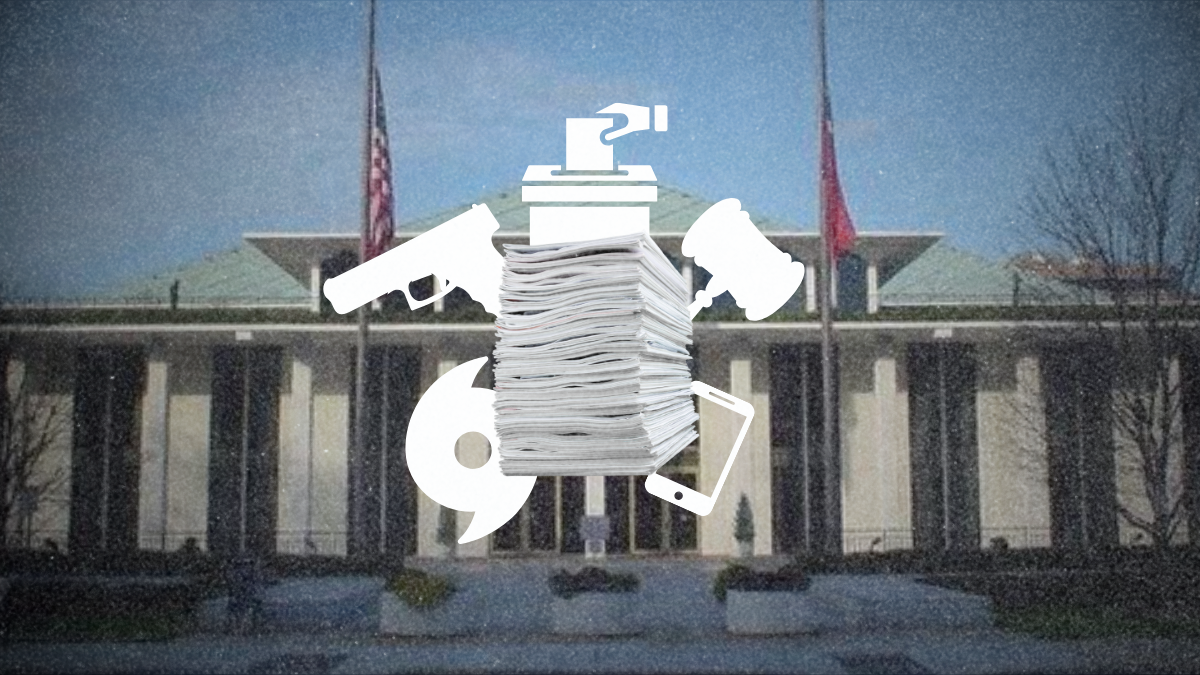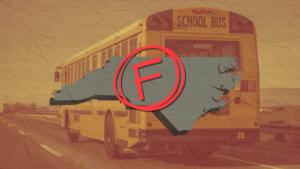Less than a month into the 2025 session, North Carolina lawmakers have introduced nearly 300 bills, with hundreds more expected before next month’s filing deadline. However, given the state’s divided government, not all proposals will survive the legislative process.
Following the 2024 election, Republicans fell just one seat short of a supermajority, meaning Democratic Gov. Josh Stein has the power to veto many GOP-backed bills. Despite this dynamic, several key proposals are gaining attention.
Gun Bills Take Center Stage
Expanding Second Amendment rights has been a major focus of the 2025 NC General Assembly. Leading the charge is House Bill 5, the North Carolina Constitutional Carry Act, which would eliminate the permit requirement for carrying concealed weapons for adults 18 years and older. The bill also removes firearms from the state’s statutory list of deadly weapons and relaxes certain restrictions, allowing concealed weapons at public events with paid admission, parades, and funeral processions.
A similar measure, Senate Bill 50, has been introduced in the Senate, signaling strong legislative backing. Other notable gun-related bills include:
- House Bill 38 – Prohibits gun dealers from recording firearm owners in the state.
- House Bill 9 – Prevents local governments from regulating firearm use on private property if conducted with reasonable care.
- House Bill 28 – Creates a new offense for possessing a firearm or weapon of mass destruction while attempting or committing a felony.
Hurricane Helene Recovery Efforts Continue
As North Carolina recovers from Hurricane Helene, lawmakers are working on a fourth relief package. The state has already allocated $1.1 billion, with the latest proposal earmarking an additional $275 million from the State Emergency Response and Disaster Relief Fund. Current allocations include:
- $140 million for home reconstruction and repair
- $75 million for farmers to recover and prepare for future flooding
- $100 million for private road and bridge repairs
- $55 million for small business infrastructure grants
- $20 million for local governments’ debris removal
- $10 million to supplement rental assistance
- $5 million for tourism recovery efforts in Western North Carolina
The bill passed the House unanimously and is headed to the Senate.
Restricting the Attorney General’s Authority
Republican lawmakers are looking to limit the ability of Democratic Attorney General Jeff Jackson to challenge federal executive orders in court. House Bill 72 and Senate Bill 58 would bar the state attorney general from opposing presidential orders, effectively curbing one of the office’s key functions.
State Sen. Graig Meyer (D) has strongly criticized the proposal, calling it “breathtaking legislation.” He warned that such a restriction could backfire if political control shifts, saying, “what if, in four years from now, we’re in the reverse situation, and they have a Republican attorney general and a Democratic president?”
Cracking Down on Cellphones in Schools
New legislation aims to curb student use of technology in classrooms. House Bill 87 requires school boards to create cell phone-free learning environments, while Senate Bill 55 goes even further, banning not just cellphones but also tablets, laptops, two-way radios, and gaming devices.
Election Law Changes on the Table
Following a contentious election cycle, lawmakers are proposing several voting-related bills:
- House Bill 31 – Establishes Election Day as a statewide holiday.
- House Bill 66 – Reduces the early voting period from 20 days to nine days.
- Several local bills align municipal elections with even-year state and federal elections, while others extend mayoral terms from two to four years.
- House Bill 85 – Bars election staffers who fail to exercise “due care and diligence” from future election work.
As the session progresses, these and other bills will shape North Carolina’s legislative landscape.
Read more from Carolina Public Press.





